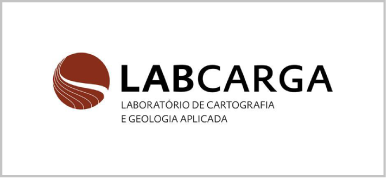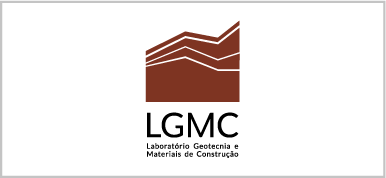DIFFERENTIAL AND INTEGRAL CALCULUS II
This course is devoted to the study of Differential and Integral Calculus II. Calculus is the branch of Mathematics where finding and properties of derivatives and integrals of functions are studied. The usual methods are based originally in the summation of infinitesimal differences. The two main branches of Calculus are: differential calculus and integral calculus. Modern calculus was developed in 17th-century Europe indeendently by Isaac Newton and Gottfried Wilhelm Leibniz.
Differential calculus is concerned with the study of functions' rates of change. The later is achieved by finding the derivative of a function at a given point. The process of finding a derivative is called differentiation. Geometrically, the derivative at a point is the slope of the tangent line to the graph of the function at that point. This is valid only if the derivative exists and is defined at that point. The derivative of a real-valued function of one real variable may be used to find the linear approximation of that function at a given point. The derivative may also be used to find the minima and maxima of a function. Moreover, equations involving derivatives, such as ordinary differential equations, partial differential equations, stochastic differential equations, etc, are commonly used to describe the dynamics of natural phenomena. Applications of differentiation are seen in a variety of disciplines, namely physics, biology, economy, chemistry, epidemiology, amongst others.
Integral calculus deals with the theory and applications of integrals and integration. An integral (aka, antiderivative and primitive) is a mathematical object that can be interpreted as an area or a generalization of area. The simplest definition for an integral is the Riemann integral, which is the only one usually encountered in physics and elementary calculus. Integrals, together with derivatives, are the fundamental objects of calculus. They are connected by the fundamental theorem of calculus, which states that differentiation is the reverse process to integration.
Enjoy the reading!



































